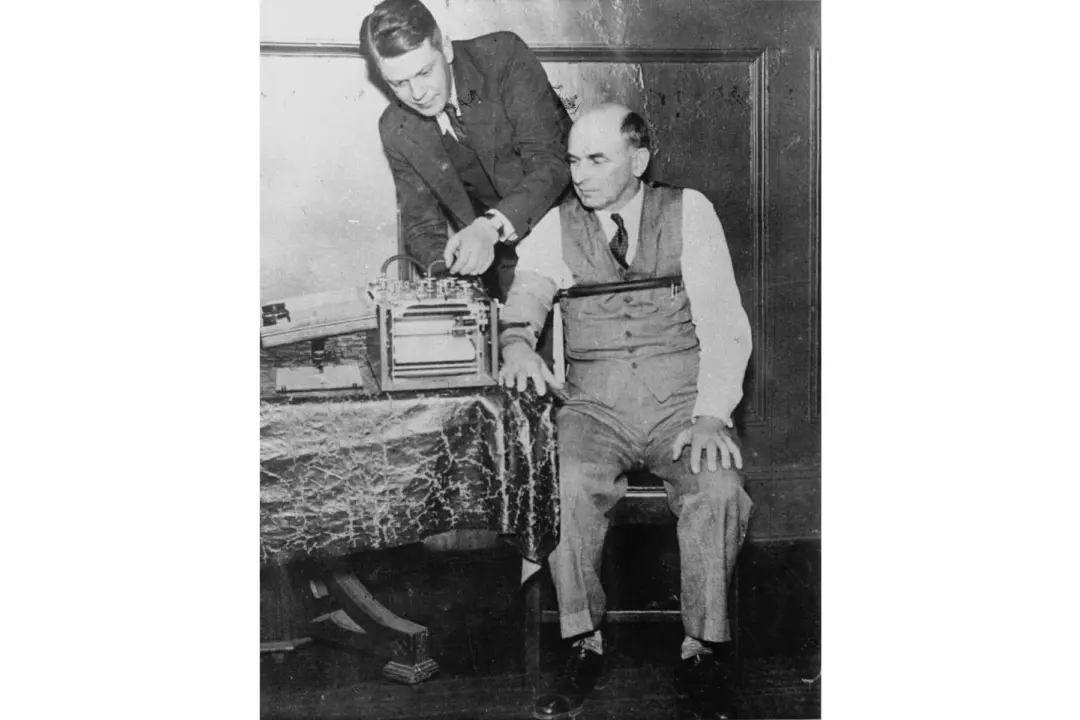Charles Keeler, a famous California poet, had high hopes for his son, Leonarde (1903–1949). In his 1904 poem, titled “A Song of Leonarde,” he envisioned a rather peaceful, joyful and carefree existence.
Sunshine boy of the world of play, Laughing out in the wind away, Singing free as a song-bird wild,— O that is the way of my elfin child!
Love in the heart thro’ the day-bright hours, Joy on the lips like the smiling flowers, Peace on the face when the night is starred And sleep steals over my Leonarde.
Leonarde, though, had other plans. He envisioned a life of crime; instead of committing crimes, he hoped to solve them.Leonarde Keeler, named after Leonardo da Vinci, was born in Berkeley to artistic parents, but he and his two sisters moved to the East Coast when he was 4, after his mother died. He did, however, move back to California. Young Keeler proved an inquisitive and adventurous boy. He loved climbing mountains with friends, especially hiking through the High Sierras. He proved extremely meticulous in planning the hiking trips, and this meticulousness was later demonstrated in his life’s work.






